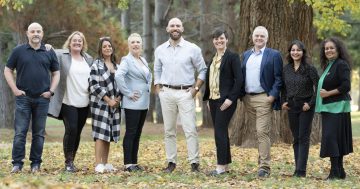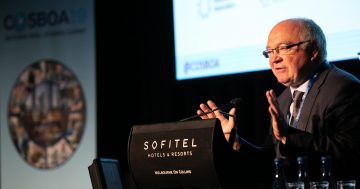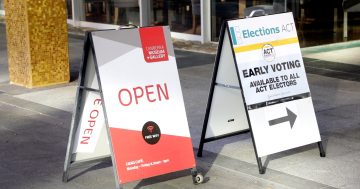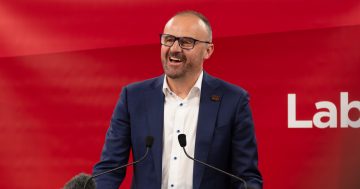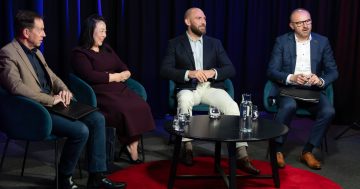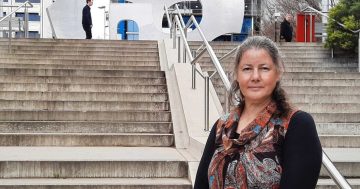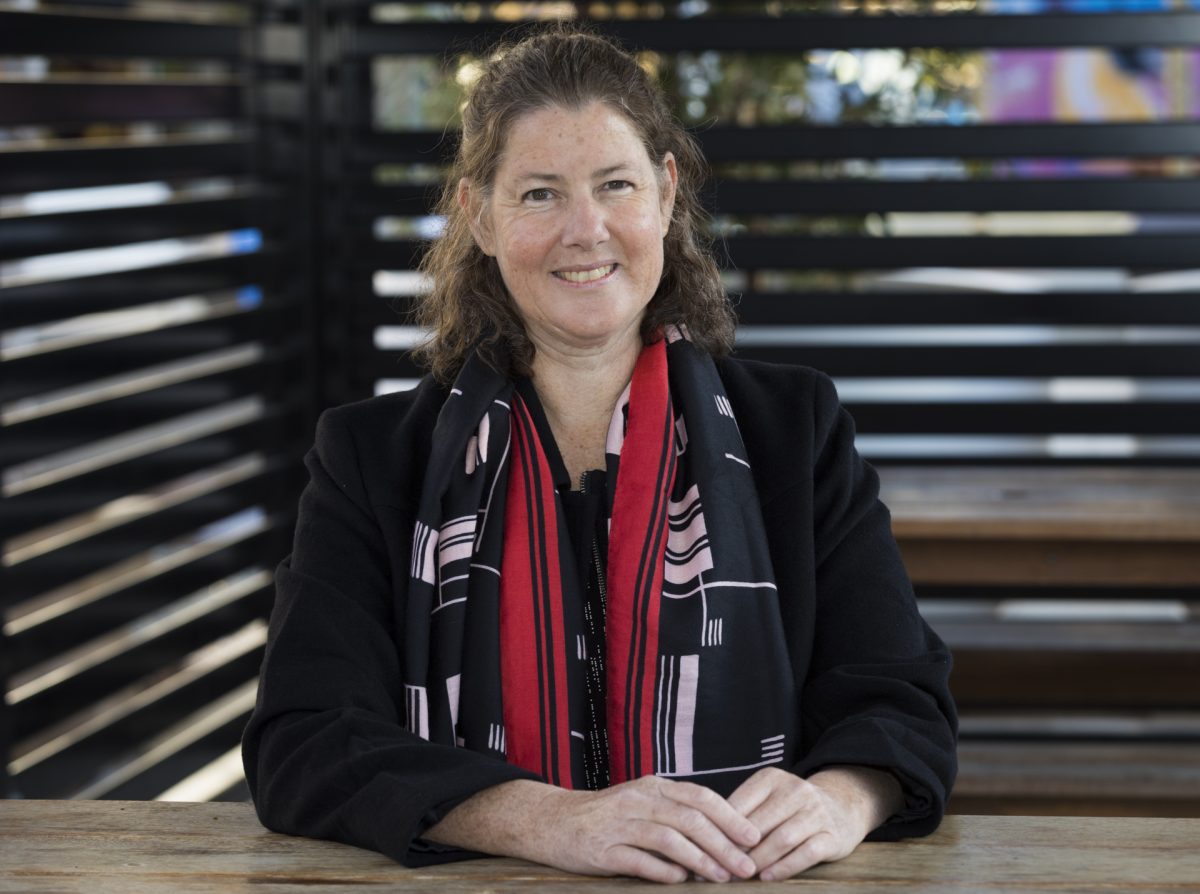
Could Fiona Carrick and independents like her finally shift the balance of power in the Legislative Assembly? Photo: File.
As they say in the boxing ring (or behind the bike sheds at school), it’s on!
The ACT will go to an election in October on our fixed four-year cycle, and it looks increasingly likely there will be a strong field of independent candidates to challenge the longstanding Labor hegemony.
Bill Stefaniak and Chic Henry ventured forth with the Belco Party as high-profile candidates in 2020. Running only in Ginninderra, they attracted 9.4 per cent of the vote on a fairly slender platform of policies. The Canberra Progressives ran in each seat and received a total of 5443 votes across the electorate.
This time, roughly nine months out from the election, we have an announcement already from Peter Strong, a long-time head of the Council of Small Business Organisations Australia. He’ll run with Ann Bray, a trained medical scientist, 35-year veteran of the Commonwealth public service and, most recently, an Australian diplomat in Washington, DC.
Fiona Carrick, who has many years leading the Woden Community Council under her belt, says she’s looking for candidates without confirming whether she’ll run herself. Ms Carrick made a strong showing in the 2020 election with 3783 votes, well within the ballpark for election under the Hare Clark system and somewhat ahead of others who were subsequently elected on preferences.
Why does this matter? Because democracy.
I don’t care who you vote for or how you feel: nobody should be in power exclusively for a quarter century. It’s bad for everyone.
Labor is deeply comfortable and that means the rigour, the close-grained examination of policy, the self-examination that’s necessary for good government, can go missing.
The ACT public service is even more comfortable. A generation has passed through the system, reliant on process over action, content that little will change no matter what the next election brings.
The Canberra Liberals are ineffective, weakened by decades without meaningful experience in delivering policy for good or ill. The last person in their team with any experience in government was Vicky Dunne, who stepped down four years ago.
The Greens have not been tested away from the protected environment provided by their sometimes tetchy partnership with Labor. In government but not in charge, they can explore ideas without taking much responsibility for their implementation or effects.
Backbenchers on both sides are quiet minions in the machine for the most part while in the background, party rooms squabbles over pre-selection focus on factions among the Liberals and quotas in Labor.
Candidates with profile and experience in their communities – and actual policies, not populist click-bait – could finally challenge business as usual.
It’s unlikely on the numbers that government will change – and unclear from the candidates whether they would guarantee supply as Michael Moore did for Kate Carnell a quarter century ago.
But surely it’s worth a shot? Surely a couple of independents with some mettle and real-life experience would have the capacity to ask hard questions on all sides and fire up our sometimes somnolent political processes?
The independents would need to be in the centre to attract disenchanted party voters. David Pocock’s successful community-based campaign shows the momentum is clearly there to be harnessed with the right candidates and the right support.
Among the major parties, Andrew Barr is a seasoned scrapper; Elizabeth Lee has indicated she’s giving it her best shot, and the Greens will be looking to hold their unexpected six-seat result from 2020.
Let’s hope it’s an interesting campaign ahead and that, for once, something will change.












